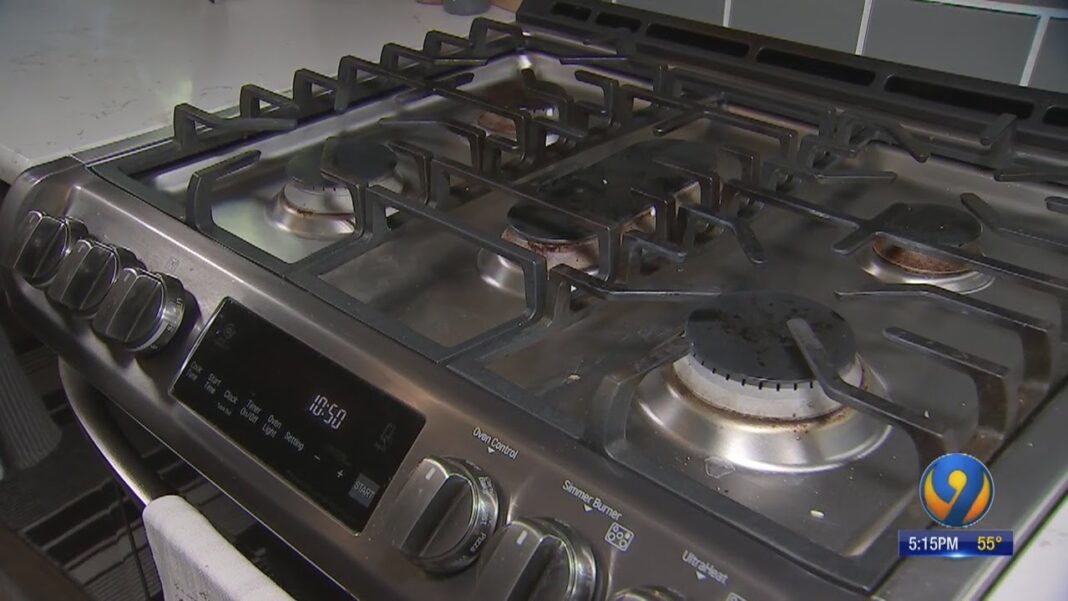New York state is reportedly close to enacting the nation’s first legislative ban on gas stoves for most new construction, including single-family homes and commercial buildings.
Amid a statewide uproar over the plan, the Democrat-led state legislature is set to advance the move as part of Democrat Gov. Kathy Hochul’s $227 billion budget blueprint, which heavily focuses on phasing out the use of fossil fuels with a commitment to creating a “cleaner, healthier environment for future generations.”
If passed as is, the measure would prohibit the installation of “fossil fuel equipment” and building systems in the construction of new one-family and smaller multi-family homes, beginning on Dec. 31, 2025. The same prohibition would apply to new larger multi-family homes and commercial buildings starting on Dec. 31, 2028.
This policy means that any new apartments or homes built after the effective dates wouldn’t be allowed to have many other common fossil fuel household items, including furnaces, water heaters, and clothes dryers. The term “fossil-fuel equipment” actually covers a wide range of oil- or gas-powered plumbing, heating, lighting, insulating, ventilating, air conditioning, and refrigerating equipment, as well as elevators and escalators that run on fossil fuel.
Exemptions for commercial kitchens, laboratories, laundromats, hospitals, crematoriums, and critical infrastructure projects would be likely, the governor’s office stated last month.
The state budget is due at midnight on April 1.
Supporters of the plan hope that New York state would take the policies of California and Washington to the next level, Politico reported. Both of the Pacific coast states have banned gas stoves in new properties, but they did so by changing building codes instead of passing laws.
“All eyes are on us, and a lot of other states are looking to what New York does,” Pat McClellan, policy director at the New York League of Conservation Voters, told Politico. “If we prove it can be done and we have the political will to do this, it’s going to open the floodgates for other states to take action.”
By Bill Pan







